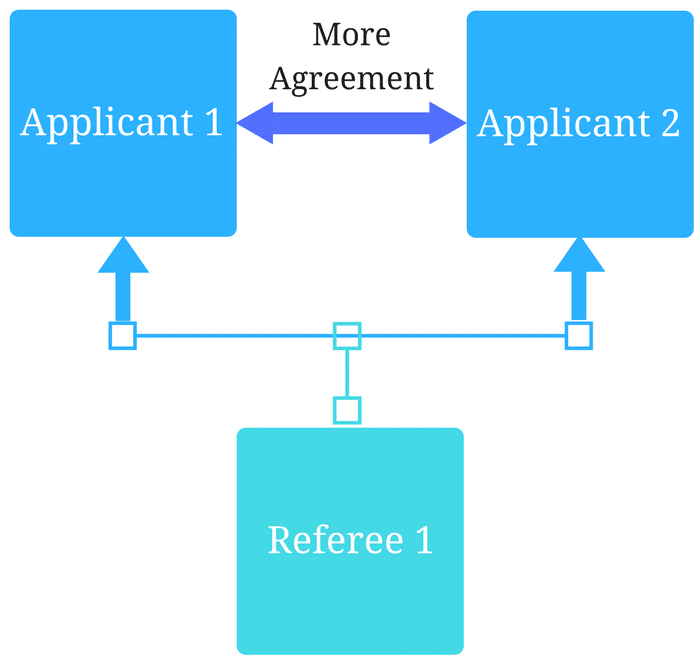What Skills Do Employers Look for in Professionals?

June 27, 2024
In today’s competitive job market, employers are looking for both cognitive and non-cognitive skills in candidates.
This week on the Holistic Success Show, we welcome Matt Holland, CEO and Board Director at Acuity Insights. Matt began his adventure as CEO of Acuity Insights in January 2024, but knows the organization well, having served as a board member since 2016.
Matt has extensive experience across several startups and scale-ups, as an advisor to the executive team, a board member, and a founder and CEO. He was also a partner with the Boston Consulting Group (BCG) and part of BCG’s North American recruiting team.
This week, Matt joined us for an engaging conversation about the skills employers are looking for when they recruit professionals into their organizations.
What skills did BCG look for in candidates?
Matt Holland’s approach to recruiting evolved significantly during his time at BCG. Initially, the firm focused on recruiting candidates from undergraduate business and MBA programs. However, over time, they expanded their search to include engineering, PhD programs, and other non-traditional sources. This shift was driven by the need to find candidates with a broad set of skills suited for consulting careers.
BCG looked for strong cognitive skills, such as academic performance and compelling letters of interest. However, they also valued less tangible skills, including intellectual curiosity, persistence, coachability, relationship-building, and influencing others through logic and persuasion. These soft skills, although hard to measure, were crucial for success as strategic consultants.
Many organizations faced similar challenges in identifying and assessing these soft skills in candidates, indicating a broader trend in what employers value.
Interestingly, many of BCG’s clients were curious about their recruiting process, often asking how they identified and attracted such talented individuals. The criteria BCG used were not unique to the consulting industry, but were also relevant across the business sector.
How did BCG identify these hard-to-see skills?
Identifying soft skills in candidates was challenging. BCG used traditional techniques like polished interviews and business case scenarios to assess analytical and synthesis abilities. They also emphasized personal chemistry, asking whether candidates could build trusting relationships with clients and colleagues. Over time, BCG tracked which interviewers were best at spotting talent, refining their approach based on these insights.
While the firm experimented with different tests to better measure soft skills, they didn’t have a perfect method. However, coaching and feedback were integral to their process. New hires were quickly integrated into teams and received constant feedback to develop both their analytical and soft skills.
How can schools and employers nurture these skills?
Matt emphasized the importance of recognizing the shift in required skills due to technological advancements like AI. While cognitive skills such as quick analysis and fact retention remain important, the ability to work in teams, influence others, and make decisions by considering both the hard and soft dimensions of a problem is increasingly critical.
Schools and employers can play a vital role in developing these skills. By creating an environment that encourages teamwork, problem-solving, and real-time decision-making, they can help students and employees build the soft skills necessary for success. Explicitly discussing the importance of these skills and providing opportunities to practice them can make a significant difference.
Conclusion
In a rapidly evolving job market, balancing cognitive and non-cognitive skills is crucial. Employers are not just looking for academic excellence in their employees, but also for the ability to collaborate, influence, and adapt.
As Matt Holland highlighted, understanding and developing these skills can set candidates apart and prepare them for a successful career. Schools and employers must continue to innovate in nurturing these essential attributes, ensuring that individuals are well-equipped to thrive in their professional journeys.
Watch the full Holistic Success Show episode with Matt Holland!
Related Articles

How interviews could be misleading your admissions...
Most schools consider the interview an important portion of their admissions process, hence a considerable…
Reference letters in academic admissions: useful o...
Because of the lack of innovation, there are often few opportunities to examine current legacy…
